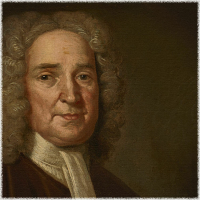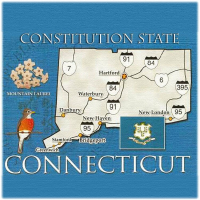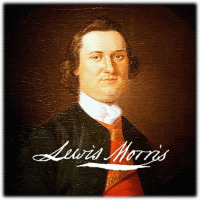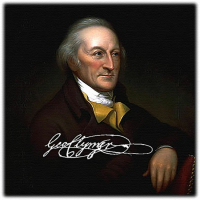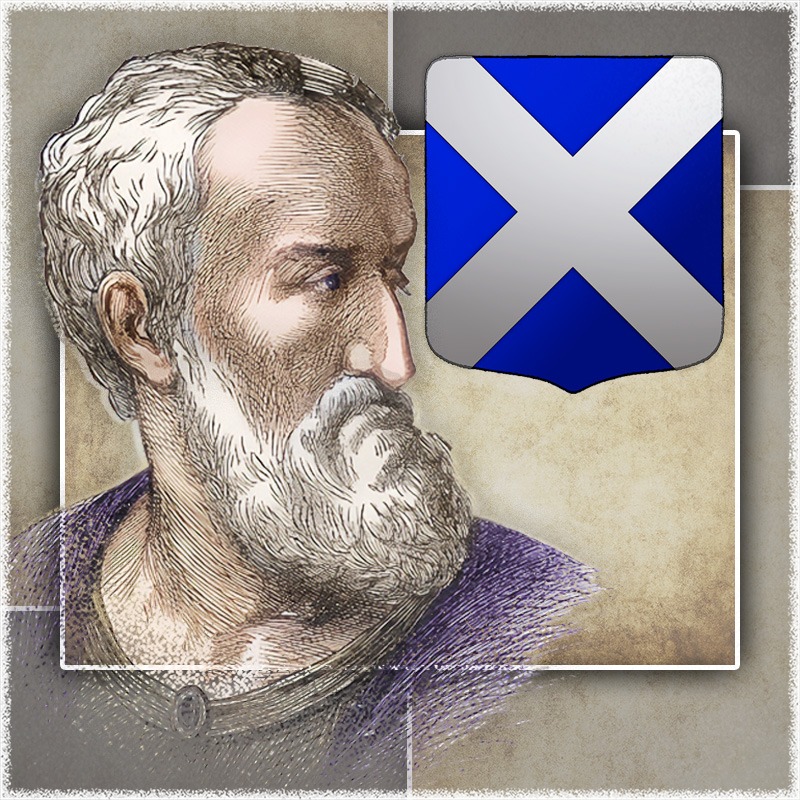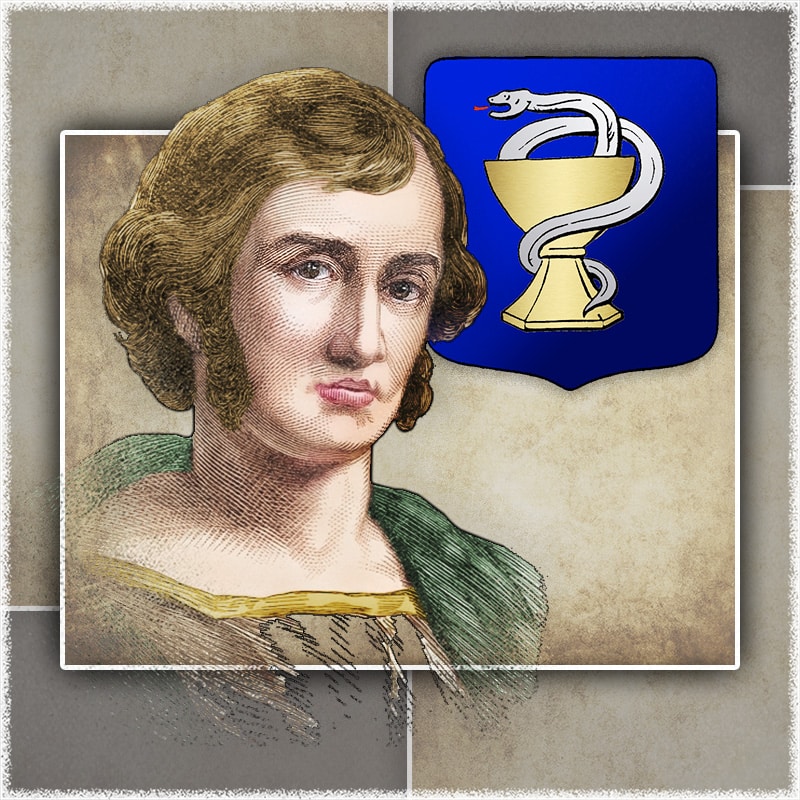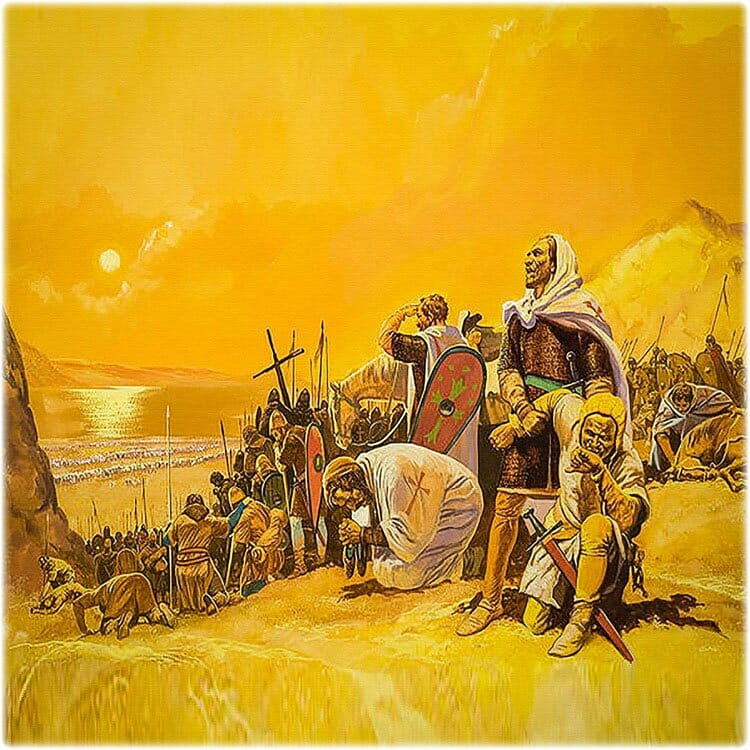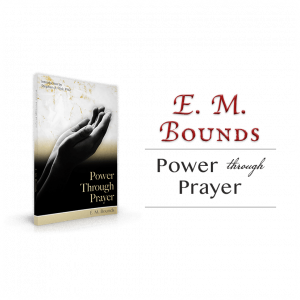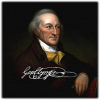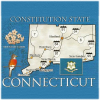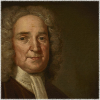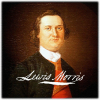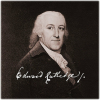Remembering the Apostle Matthew
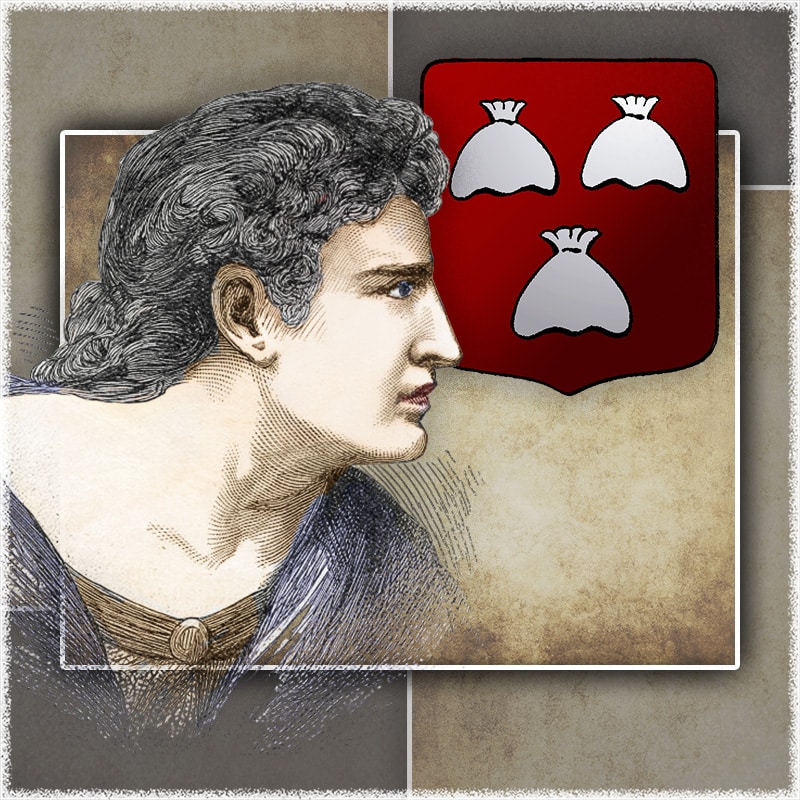
Matthew was a common Jewish name after the Jewish exile. In the lists of the apostles, Matthew, who was also known as Levi (Mark 2:14; Luke v. 27), is coupled with Thomas (Mark 3:18; Luke 6:15). Matthew’s father’s name was Alphaeus (Mark 2:14), who should not be confused with the father of James the son of Mary, the wife of Cleophas, who was a “sister” of the mother of Jesus (John 19:25). Matthew was born at Nazareth in Galilee but resided primarily in Capernaum due to his occupation.Remembering the Apostle Matthew
His Apostolic Call
His call to the apostolic ministry (A.D. 27) is recorded by all three evangelists, Matthew giving the usual name (9:9) while Mark (2:14) and Luke (5:27) use the name “Levi.” Matthew’s occupation was likely the collection of dues and customs from both persons and goods crossing the Lake of Galilee (Gennesareth). It was while he was fulfilling this office that he was called by Jesus to follow Him. Matthew promptly invited Jesus to a “great feast” (Luke 5:29) which may have been a means for Matthew to bid his old companions farewell.Remembering the Apostle Matthew
Before Jesus delivered the Sermon on the Mount, he selected twelve disciples who were to form a closer relationship with him (Luke 6:13) and among those selected was Matthew. After this he is mentioned only in one other passage, Acts 1:13.
After the Crucifixion
Following the death of Christ, Matthew remained in Jerusalem for about fifteen years preaching to his own Jewish people before taking the gospel to foreign countries.[1] Intending to leave Judea to go and preach among the Gentiles, he wrote his gospel in Hebrew for the use of the Jewish converts. The early church believed that Matthew’s Gospel was the first gospel to be written, some believing that it was subsequently translated into Greek by St. James the Less.
Martyred: ca. 60
One prominent tradition of the Church suggests that Matthew traveled to Ethiopia where he ordained preachers, established churches, and won many converts. Afterwards he proceeded to Parthia where he enjoyed similar success; but returning to Ethiopia, he was martyred by a halberd[2] in the city of Nadabar about the year of Christ 60. He is remembered for his gentle character and temperate manner.
Feastday and Apostolic Symbol
The life and ministry of the Apostle Matthew is observed by the Western Christian Church on September 21. Two symbols are most frequently associated with St. Matthew. The first, three purses, refer to his original profession as a tax collector for the Romans. The second, the hatchet or halberd, is a memorial of the manner in which tradition suggests he was martyred.[3]
America deserves to know its true heritage.
Please contribute today!
Related Articles
Article Notes and Sources
[1]Clemens Alexandrinus (Stroml. 6:15); Eusebius (Hist. Eccles. 3:24)
[2]A combination of a spear and battleaxe.
[3]Redacted from Cyclopedia of Biblical, Theological, and Ecclesiastical Literature, s.v. "Matthew."

